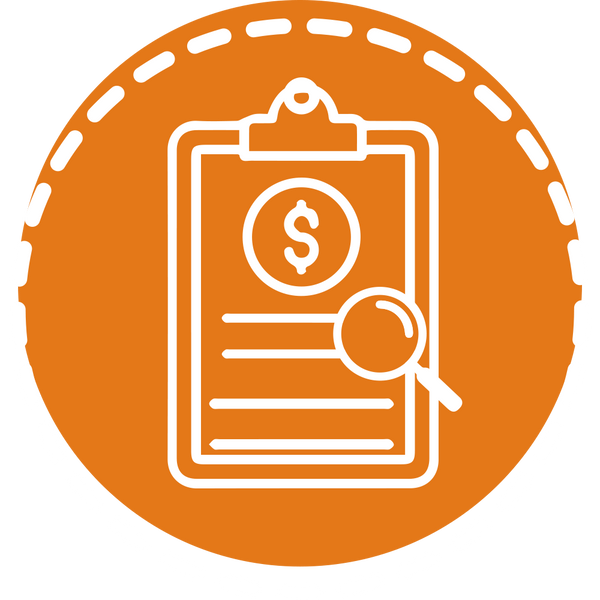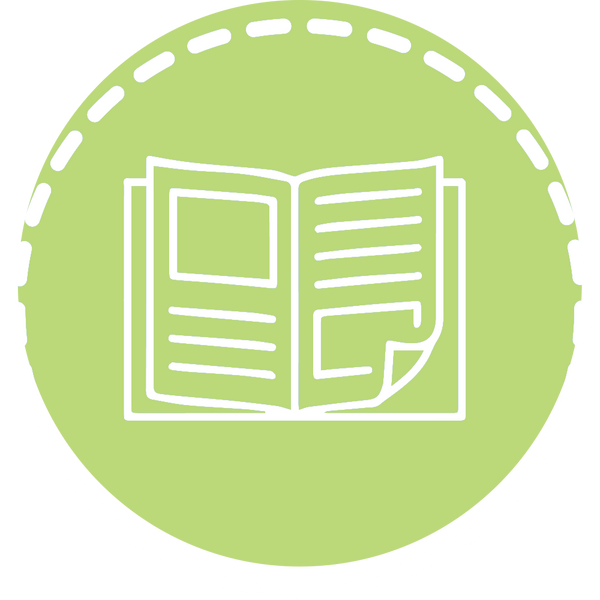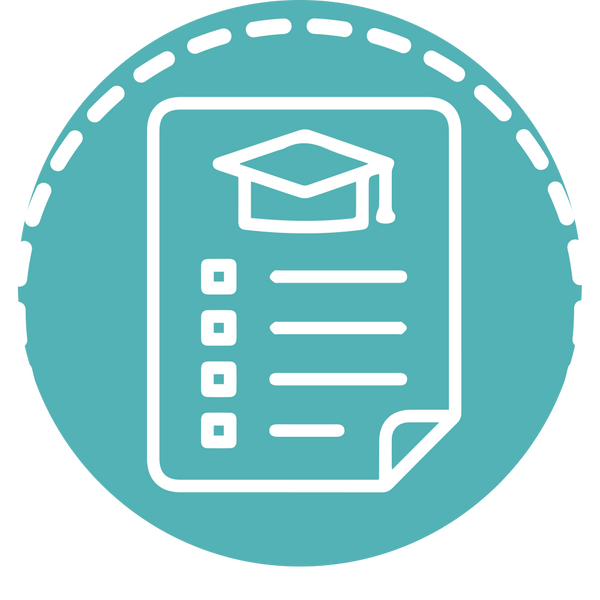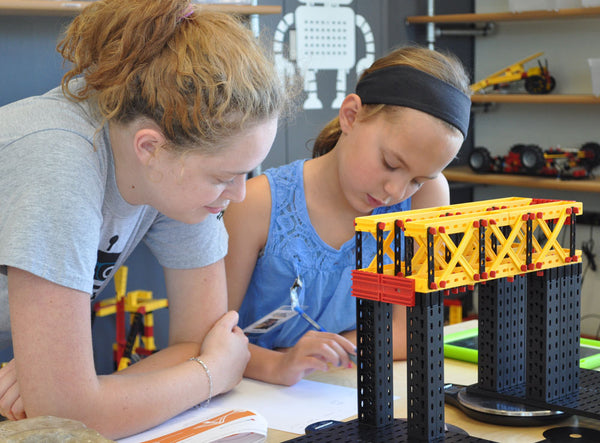
Discover How Student-Led Exploration Transforms STEM Learning
What is the Discover Series?
The Discover series allows learners to get their hands on today’s relevant technologies, approaching modern topics through hands-on, self-guided exploration. Promoting an atmosphere of creativity and innovation through exciting lessons in robotics, engineering, video game design and video production, students explore topics they are actively interested in, all the while developing soft skills including communication, critical thinking and persistence.
Today’s Technologies
In a world of ever-evolving technology, how can students keep up? The Discover product line provides students with the knowledge they need to succeed in emerging STEAM careers. For example, in Discover Renewable Energy, a module in Discover STEM LAB for grades 5-6, allows participants to harness the power of the sun in their construction of solar-powered vehicles with fischertechnik®️ manipulatives.
According to the Bureau of Labour Statistics, careers in Computer and Information Technology are projected to grow by 557,100 jobs between 2016 and 2026. This is a 13% increase, faster than average for all occupations. Plus, these emerging tech jobs are high paying with a median annual wage at $84,580, $46,890 higher than the national average.
Exposing students to new technology in K-12 education is essential for capturing their interest and imaginations. By equipping learners early on with STEM skills, we can open their minds to the possibilities of modern technology, allowing them to thrive in an increasingly technical age.
These lessons in technology are not only important for future careers, they’re downright fun! Students enjoy learning more when they get a choice in the matter. Providing opportunities to create and build is a surefire way to get them engaged.
Flexible Learning
When students pick up a Discover set, there is no strict, instructor-dependent path to follow. Designed with flexibility and adaptability in mind, learners get to choose their own adventure, developing the skills they need to build and create within a space where they are actively interested.
In this structure, the educator in the room is a “guide on the side” rather than a “sage on a stage.” The learners are leaders, challenging their abilities, choosing their activities and conquering their obstacles with a facilitator available to help when they get stuck or need some assistance. This process of learning through experimentation helps students develop 21st-century skills which shine long after the technical skills they have acquired become out-of-date.
Lessons in Discover programs begin with guided instructions. These beginner stages help students develop and practice the skills needed to complete later activities. As they gain confidence with the concepts, vocabulary and interfaces, learners graduate to more challenging tasks, moving into a final open-ended design challenge. This is the culmination of everything they have explored, allowing them to apply it to something new that interests them.
This progression is based on Bloom’s Taxonomy, a model of learning that involves mastery and growth in six stages: Remember (Knowledge), Understand, Apply, Analyze, Evaluate, Create. Learners start in the “Knowledge” phase, learning the basics of a topic, then move through different lessons until the final open-ended design challenge, embodying the “Create” phase.

Small Groups
Most Discover products are created for individual exploration and small group collaboration. Sometimes, this means a group of students will work together toward a common goal.
Discover Engineering, which includes resources for student journaling and reflection, empowering them to critique their own creations and gain insight from the different approaches of their peers.
Keeping groups small helps prevent intimidation and ensures that there are no idle hands. Smaller teams means greater participation, plus group collaboration can foster greater motivation and focus, leading to higher achievement.
In a university study of 223 junior high learners, researchers found that working in cooperative groups of 3 or 4 “encourages students to be more involved with each other, to actively promote each other’s learning, and to develop those social behaviors that encourage participation in the group’s activities” (Gillies, p 211).
Makerspace Environments
Discover kits do not follow a traditional classroom structure. Instead, they work best in a makerspace environment — a place where creativity is encouraged and failure is a part of the learning process.
Thankfully, a makerspace can be created anywhere! An environment like this invites collaboration. When they work together to achieve a goal, students take on the roles of learner and instructor, helping one another understand by explaining the parts that are crystal clear and asking for help when things get foggy.

In this inclusive and supportive space, the incentives differ from a traditional classroom. In a classical learning environment, students must work to earn a grade that determines whether they have succeeded or failed. This grading system discourages risk-taking and often leads to students learning to work the system rather than learn the material.
Conversely, makerspaces are not about grades — they are about experimentation and trying new things. In order to succeed, you don’t need to get every answer right on a test, you need to try your hardest and make something you are proud of.
Standards and Alignments
While hard skills and technological literacy are important for success, soft skills such as communication, collaboration, creativity and critical thinking are arguably more important. Career and technical education professionals find that “technical professions increasingly require a broader skill set,” and call soft skills a “must-have.”
With this in mind, Discover programs are aligned to state and national standards that address both hard and soft skills. These include 21st Century Skills, Habits of Mind, Common Core Math and Language Arts, ISTE and NGSS.
What Will You Discover?
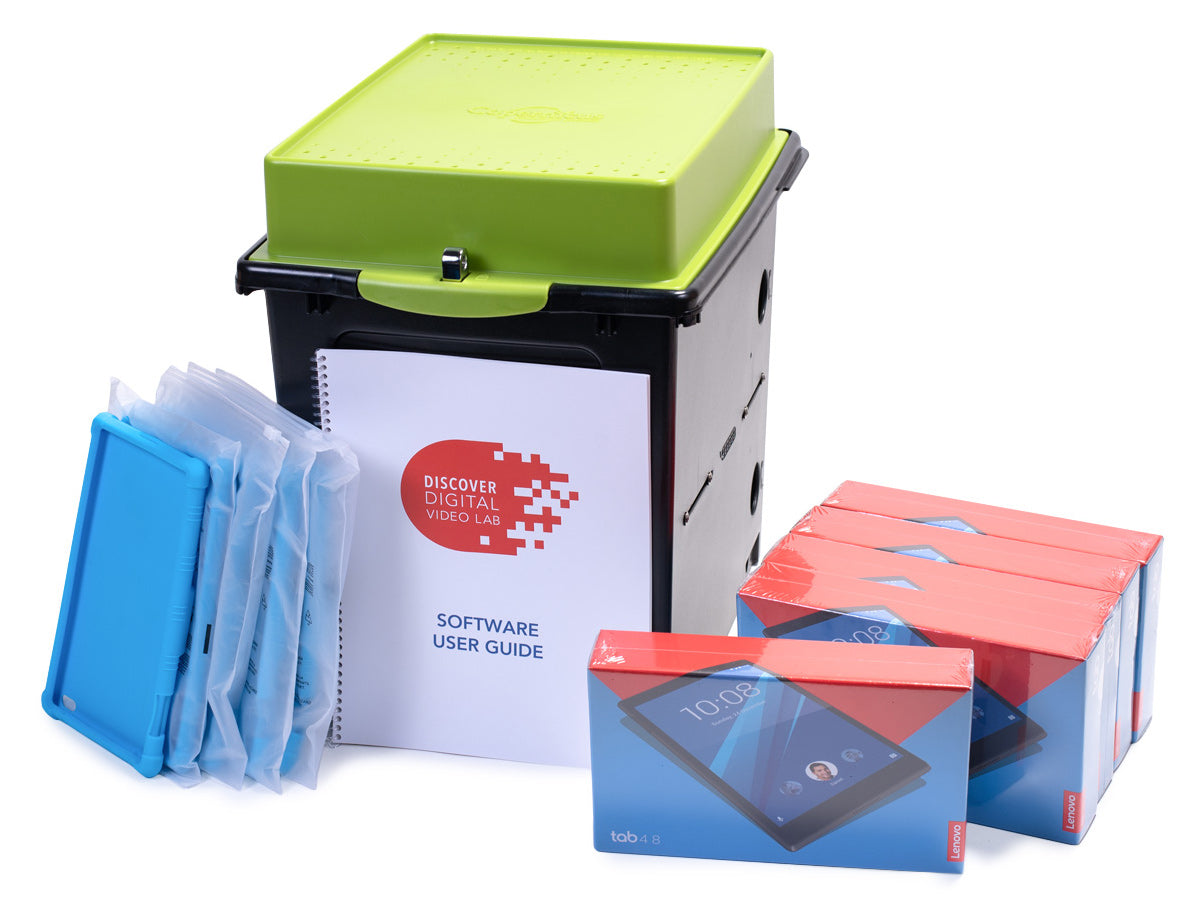
Discover Digital Video LAB: Grades 1-5 or 6-12
Discover Digital Video LAB focuses the camera on students as they star in their own multimedia productions. Flip the switch with teamwork based curriculum and survey digital documentaries, historical recreations, original films and more!
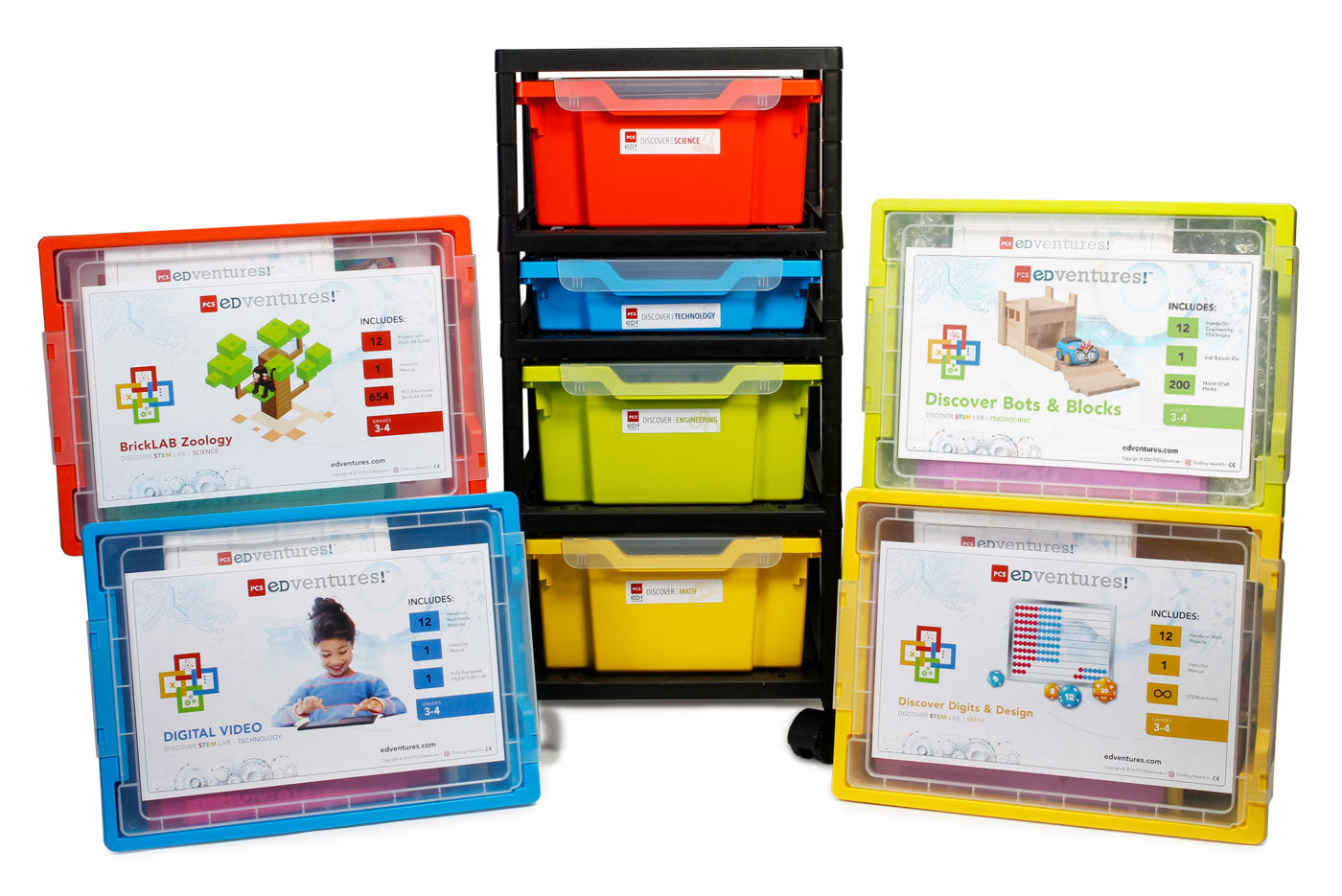
Discover STEM LAB: Grades 3-4 or Grades 5-6
STEM is all about cross-curricular exploration and integration, and in Discover STEM LAB, students explore the myriad of ways STEM concepts and manipulatives combine into one-of-a-kind foundational learning experiences.
Learn more about Discover STEM LAB for Grades 3-4 or Grades 5-6.
Use each module as an individual platform, or blend them for unique learning experiences. Thriving as mini makerspaces, these labs reach students using modern technology to instill real-life skills and bring learning to life through approachable, application-based activities!
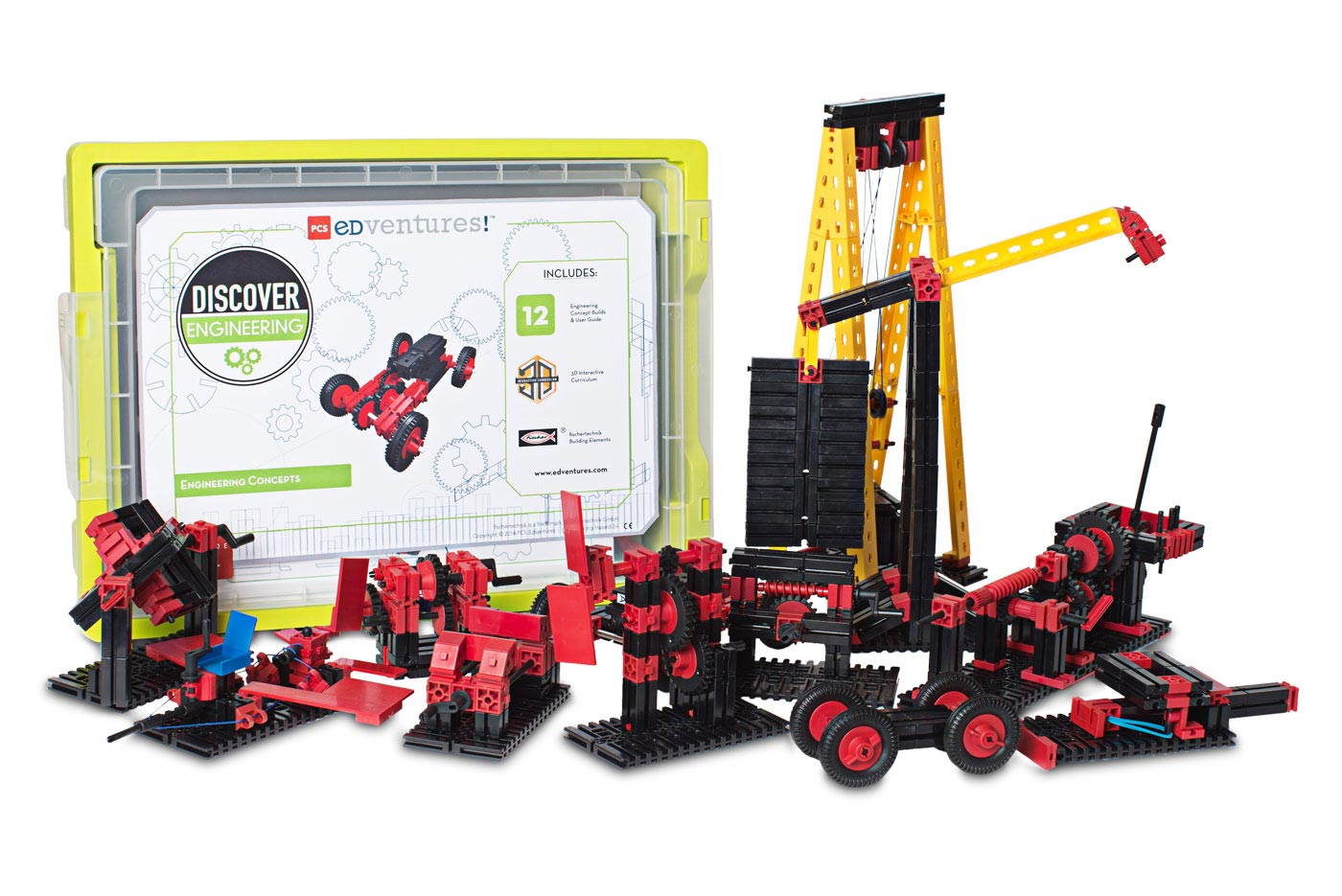
Discover Engineering: Grades 4-8
Discover Engineering is a fast-moving kit that covers a wide variety of mechanical and structural engineering topics as it prepares students to adapt to today’s rapidly evolving technology. Jumping from wheels and pulleys to different types of gears, students build upon each day’s new concept as they combine what they’ve learned into more complex systems.
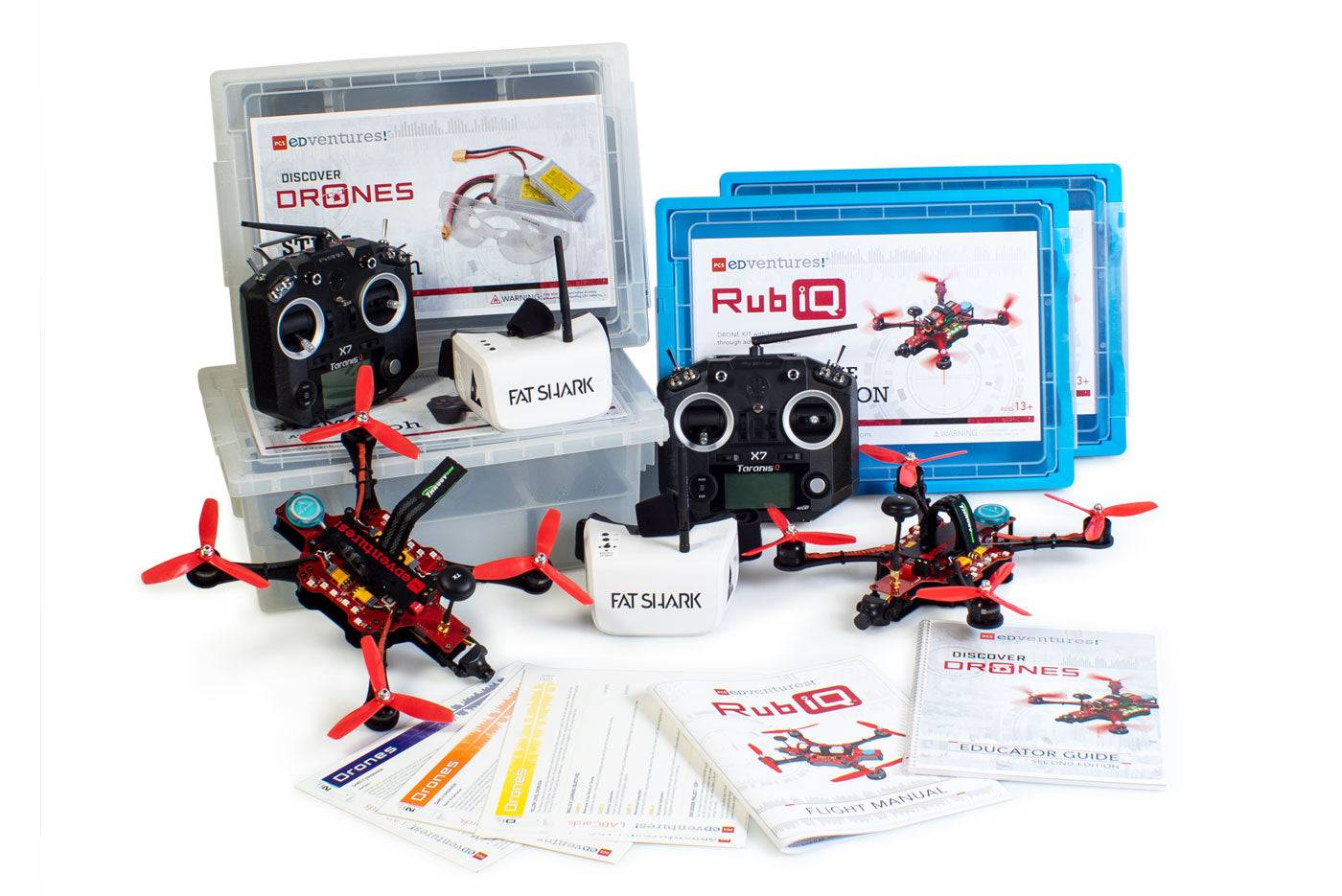
Discover Drones: Grades 7+
In Discover Drones, your learning environment will experience first-hand the world’s fastest growing technology. Starting with lessons in engineering and applied science, learners begin by building RubiQ, their modular, open-source training drone!
After learning the safety regulations and procedures surrounding unmanned aerial vehicles, they’ll then start with the basics of flight, first becoming comfortable on a training simulator before moving onto line-of-sight piloting. After mastering RubiQ’s controls, it’s time to don their First-Person View (FPV) goggles, experiencing first-hand what super-charged STEM is like!
What’s Next?
PCS Edventures has been partnering with STEMthusiasts for more than 30 years, creating STEM solutions that capture imaginations and challenge young minds. Our packages are easy-to-implement, turnkey solutions that can transform your learning environment. Start your STEMventure today!
Download a free Curriculum Sample or Peek behind the scenes at PCS Edventures
Have questions? contact a STEAMbassador at (800) 429-3110 or sales@edventures.com for more information.






